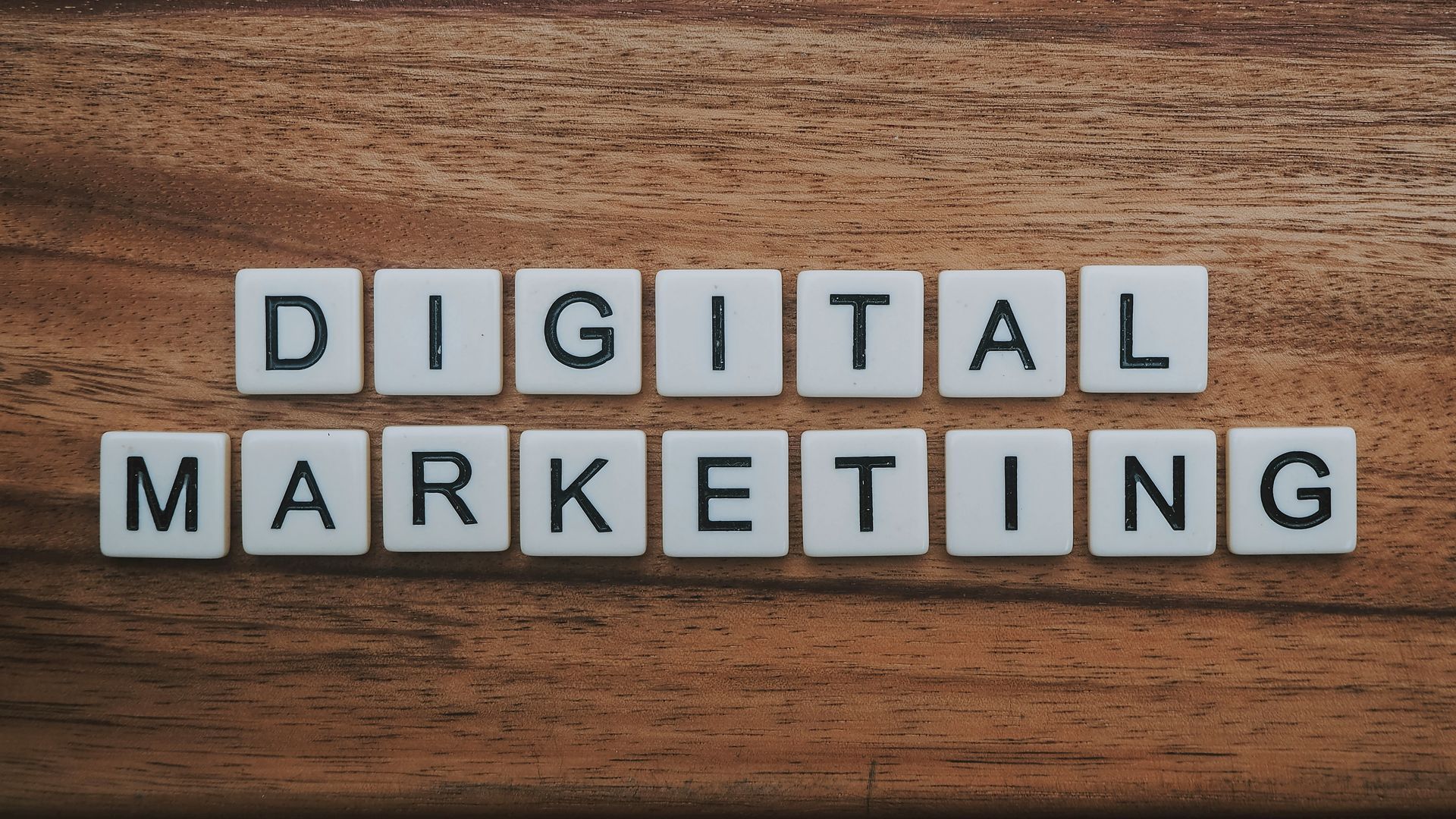What is Marketing Communication and Why Does It Matter?
What is Marketing Communication and Why Does It Matter?

Marketing communication (MarCom) is a crucial component of a company's marketing efforts. It encompasses all the messages and media you use to communicate with your market. This can include advertising, direct marketing, branding, packaging, online presence, printed materials, PR activities, sales presentations, sponsorships, and trade show appearances, among others.
Understanding Marketing Communication
At its core, marketing communication aims to deliver clear, consistent, and compelling messages to your target audience. These messages should inform, persuade, and remind customers about your products or services. The ultimate goal is to build brand awareness, create demand, and drive sales.
The Role of Marketing Communication
- Building Brand Awareness: Marketing communication helps create a recognizable brand identity. Through consistent messaging and strategic use of media, businesses can ensure that their target audience is familiar with their brand and its values.
- Creating Preference: Effective MarCom positions your brand in the minds of consumers. This positioning helps create a preference for your brand over competitors, which is essential for long-term success.
- Shortening the Sales Cycle: By providing potential customers with the information they need to make informed purchasing decisions, MarCom can help speed up the sales process. This includes educating customers about the benefits and features of your products or services, addressing any objections, and guiding them towards a purchase.
Key Components of Marketing Communication
Marketing communication is multifaceted, involving various strategies and tools to reach and influence your audience.
Advertising
Advertising is one of the most visible forms of marketing communication. It involves paying for space or time in various media outlets to promote your products or services. Effective advertising can significantly enhance brand visibility and drive sales. Examples include TV commercials, print ads, online banners, and social media ads.
Direct Marketing
Direct marketing involves reaching out to potential customers directly through channels like email, mail, or telemarketing. This approach allows for personalized communication and can be highly effective in generating leads and conversions.
Public Relations
Public relations (PR) focuses on managing the public perception of your brand. This includes activities like press releases, media relations, and event sponsorships. PR efforts aim to build a positive image and foster trust with your audience.
Digital Marketing
Digital marketing encompasses all online marketing efforts, including search engine optimization (SEO), content marketing, social media marketing, and email marketing. With the increasing reliance on digital platforms, this area of MarCom is becoming increasingly important.
Sales Promotion
Sales promotions are short-term incentives designed to boost sales quickly. These can include discounts, coupons, contests, and other promotional activities aimed at encouraging immediate purchases.
The Importance of Integrated Marketing Communications
Integrated marketing communications (IMC) is the practice of unifying all marketing communication tools and channels to deliver a consistent message. This approach ensures that all forms of communication and messages are carefully linked together. IMC helps in creating a seamless experience for customers and reinforces the brand message across various channels.
Challenges in Marketing Communication
While marketing communication is essential, it comes with its own set of challenges.
- Fragmented Media Landscape: With the proliferation of media channels, reaching a broad audience has become more complex. Marketers must carefully select the right channels to ensure their message reaches the intended audience.
- Consumer Distrust: Modern consumers are skeptical of marketing messages. Building trust requires authenticity, transparency, and consistent value delivery.
- Maintaining Consistency: Ensuring a consistent message across various platforms can be challenging, especially for large organizations with multiple departments and stakeholders.
Measuring the Effectiveness of Marketing Communication
Measuring the effectiveness of marketing communication efforts is crucial for continuous improvement. This can be done through various metrics and tools:
- Return on Investment (ROI): Calculating the ROI of marketing campaigns helps determine the financial impact and efficiency of the marketing efforts.
- Customer Engagement: Metrics such as click-through rates, social media interactions, and website visits can provide insights into how engaged your audience is with your content.
- Brand Awareness: Surveys and market research can help gauge the level of brand awareness among your target audience.
- Sales Metrics: Tracking sales before and after a marketing campaign can provide direct insight into the campaign’s effectiveness.
Marcom.eu: Your Partner in Effective Marketing Communication
At Marcom.eu, we specialize in comprehensive marketing communication strategies that help businesses thrive in today’s competitive market. Our services include:
- SEO (Search Engine Optimization): Our SEO experts can help improve your website's visibility on search engines, driving organic traffic and enhancing your online presence.
- SEA (Search Engine Advertising): We create targeted search engine ad campaigns that maximize your reach and deliver a high return on investment.
- Google Ads: Our team designs and manages Google Ads campaigns that attract and convert potential customers, ensuring your business stands out in search results.
- Social Media Marketing (SMM): We develop and execute social media strategies that build your brand, engage your audience, and drive traffic to your website.
Our tailored approach ensures that all aspects of your marketing communication are aligned with your business goals, delivering consistent and impactful messages to your audience.
Conclusion
Marketing communication is an indispensable part of any business strategy. It not only helps in building brand awareness and driving sales but also plays a crucial role in creating a lasting relationship with your customers. By leveraging various MarCom tools and strategies, businesses can effectively reach their target audience and achieve their marketing objectives.
For more detailed information on marketing communication, you can refer to Wikipedia's page on Marketing Communications.
If you’re ready to take your marketing communication to the next level, Marcom.eu is here to help. Our expert team will work with you to develop and implement strategies that resonate with your audience and drive business success. Contact us today to learn more about our services and how we can help your business grow.
ALL OUR OTHER NEWS:







